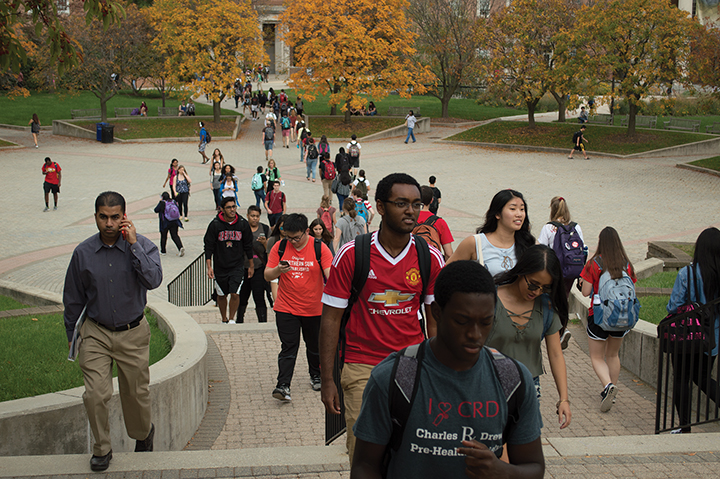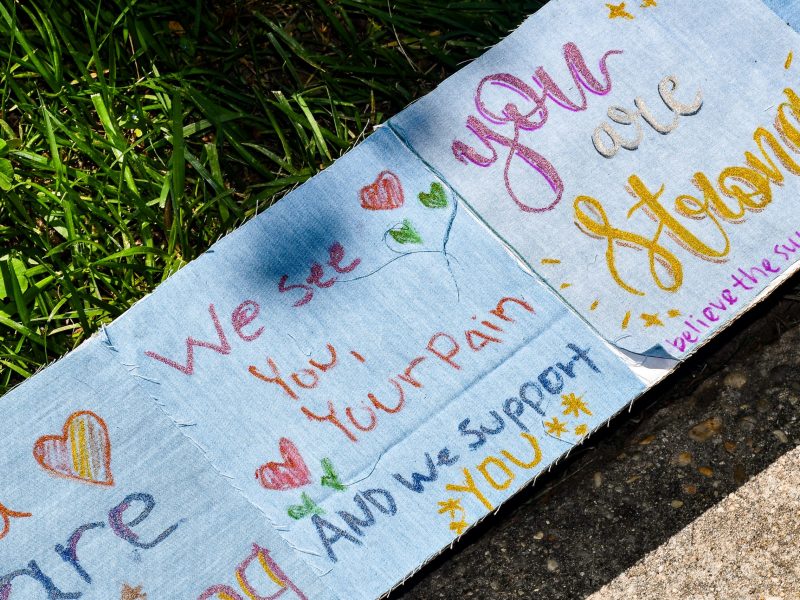The University of Maryland announced Thursday the preliminary results of its diversity campus climate survey, which indicated safety and inclusion concerns among some minority respondents.
The analysis noted racial-ethnic differences among the students, faculty and staff surveyed, related to “belongingness, feeling welcomed, and satisfaction with the decision” to come here. Latinx and black participants reported they felt less attached to this university than white and Asian participants.
Respondents who identified as people of color, women and gender non-binary were concerned about their personal safety. To counteract this, the university plans to increase security cameras and police patrols, as well as adding information analysis unit staffing, according to the summary.
[Read more: Amid uptick in UMD hate bias incidents, officials open campus diversity survey]
Survey analysis also suggested further discourse, actions and resource investment will be necessary to foster a sense of community, the released summary read. In response, the Office of Diversity and Inclusion will release a “series of new initiatives” by the end of this semester, according to the summary.
Respondents also indicated concern about the university administration’s reaction to hate bias incidents, with as many as 33 percent of students and 30 percent of administrators saying the response hasn’t been effective. Respondents emphasized the importance of transparency, efficiency and better communication in response to hate bias incidents, according to the summary.
Between the first day of classes in fall 2017 and Dec. 8, a university spokesperson said there had been 27 reported hate bias incidents on the campus. The administration later verified 15 of these incidents.
[Read more: After Richard Collins was killed at UMD, some black applicants aren’t enrolling]
So far this semester, there have been three reported incidents. The most recent came last week, when two students reported they heard someone shouting a racial slur as they walked outside South Campus Commons Apartments.
Last spring, a noose was found hanging in the Phi Kappa Tau chapter house’s kitchen. University Police investigated it as a hate bias incident, and in August, they referred a person of interest to campus officials. In April, a university spokesperson wrote the case had been closed. She did not specify when it closed, or whether the university punished the individual.
The analysis summary also highlighted the importance of training to improve equity, diversion and inclusion issues at this university. The summary noted that the Office of Diversity and Inclusion hired a diversity training and education director in April, and will continue throughout the summer to work on providing “professional development opportunities.”
This story will be updated.



